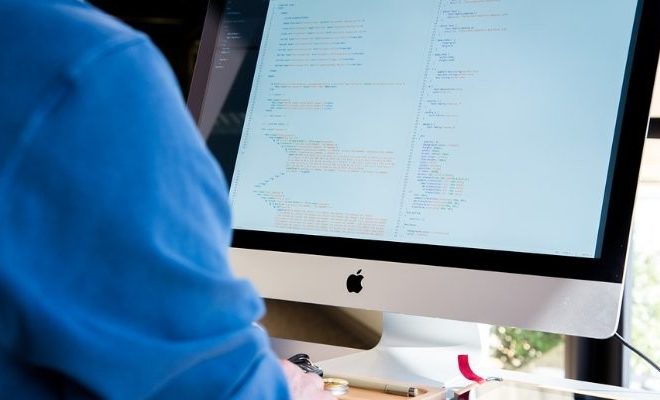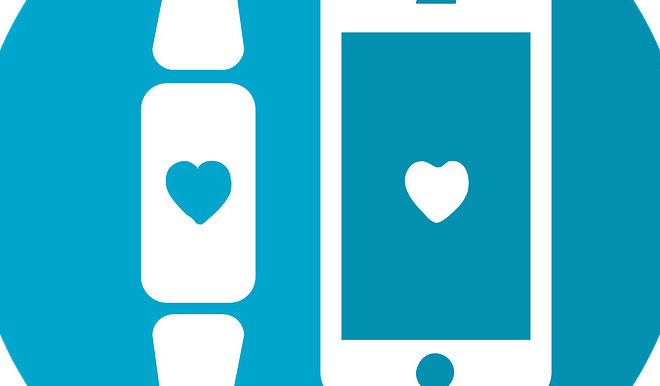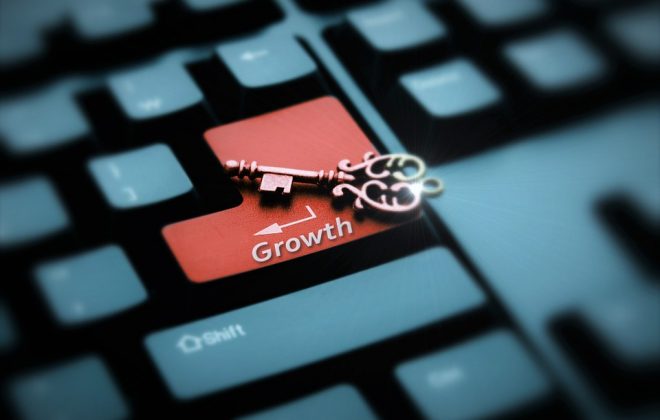How Technology Can Enhance the Experience for Technologically Challenged Patients
Technology has completely turned the world around on its head. Things we experience today were only a part of science fiction movies a couple of decades ago. This new age of technology has also ushered in the era of consumerism. The healthcare industry is no different. With the greater consumerization of healthcare, patients today are no longer passive receivers. Owing to this we witness the rise of value-based care as elevated patient experiences become critical contributors to the bottom line.
In a highly competitive market, patient satisfaction and quality of care are compelling healthcare providers to engage patients in meaningful, effective and efficient ways. And technology is being leveraged extensively to improve communication, entertainment, and the way patients access information. But what about those who are technologically challenged? Does or should technological dexterity impact the recipient? Shouldn’t technology be a conduit to enable convenience and engagement?
The good news is that while the technological landscape is vast and only increasing in the healthcare sector, there are several applications of technology that can enhance patient experience for the technologically challenged. Let’s take a look at some of these applications.
Biometrics
Biometrics technologies might have been slow to catch up in the healthcare segment but have tremendous potential to improve the patient experience. Hospitals are digitizing patient records to improve care and ensure better information exchange. However, these records could get duplicated or mixed up. A technologically challenged patient might not be capable of scanning through the complicated maze of EHR’s as well. With biometrics such as fingerprint scanners, hospitals can ensure that they protect patient privacy and remain compliant with government norms such as the Health Insurance Portability and Accountability Act (HIPAA) and other such laws applicable globally. The patient too can access or provide their health information in hospitals with just a biometric scan. Fingerprint readers enable simple and secure access to everything for the patient in the hospital environment, be it registration, providing complete health information, etc. And unlike smart cards, you can’t lose biometric identification.
RFID Tags
RFID technology not only offers tracking capabilities but also provides access to accurate medical data for doctors and caregivers in the hospital environment. Technologically challenged patients, and especially those suffering from ailments such as Alzheimer’s and dementia, can benefit greatly from this technology. It requires nothing from the side of the patient. The hospital staff can scan the RFID tag and can access all relevant patient-related information without having to ask the patient to provide the same. These tags also make the hospital environment safer and more secure. For example, RFID tags ensure better monitoring of patients. If a patient is in an area not conducive to his/her health, then the staff can proactively get the patient to a safe location. This also helps greatly to monitor babies and ensure that they are safe and that there are no errors in their caregiving process.
Mobile
Comprehensive mobile healthcare applications are enabling patients to manage their health and wellbeing. However, what can be done if the patient is not mobile friendly? In several cases, the elderly or those belonging to the lower income groups are not that proficient with mobile applications. But does that mean they cannot enjoy the benefits to mHealth? While there will be certain limitations, health care providers can use mobile to send out timely reminders, schedule doctor’s/hospital appointments, pre and post-operative care instructions etc. on the mobile via SMS/ text messages. Mobile also enables telehealth or telemedicine services. Using mobile, even the technologically challenged patients can access proper healthcare with teleconsultation via video conferencing and get access to quality care irrespective of their location.
AI Chatbots
AI chatbots can bring about a paradigm shift in healthcare. With this, those who are not technologically proficient can get their health queries answered by a more reliable resource than Dr. Google. As AI technology is maturing, we are also witnessing the rise of AI chatbots who can converse in the human language. Chatbots such as Florence tells patients to take their medicine, monitors health, provides instructions in case a person has forgotten to take his/her medicine. The Your.MD chatbot replaces the GP’s assistant and answers questions, sets up appointments, and refers physicians as well. These chatbots are especially great for the elderly who might have limited technical skills and who might not be in a position to type out messages.
Ingestible Sensors and Smart Pills
Ingestible sensors and smart pills can help in monitoring patient health more efficiently. Upon ingestion, the sensors put on the smart pills are activated by the electrolytes present in the body. These sensors then send out a signal to a patch that is usually worn on the patient’s torso. This information is then transmitted via Bluetooth to the caregiver. Battery powered smart pills can take internal snapshots of a patient’s body and can be an effective replacement for invasive procedures such as colonoscopy. Ingestible sensors are 95% accurate in reading physiological processes and their data is readable 100% of the time. Any patient, irrespective of technology dexterity, can make use of this technology and get proper care with minimal invasion.
Today, there is an ever-increasing plethora of technology solutions for making healthcare and patient experience better. However, we must remember that for all the exciting and innovative tech-enabled solutions we must keep the end user in mind. And with it ensure that technology benefits all…irrespective of their technical capabilities.




